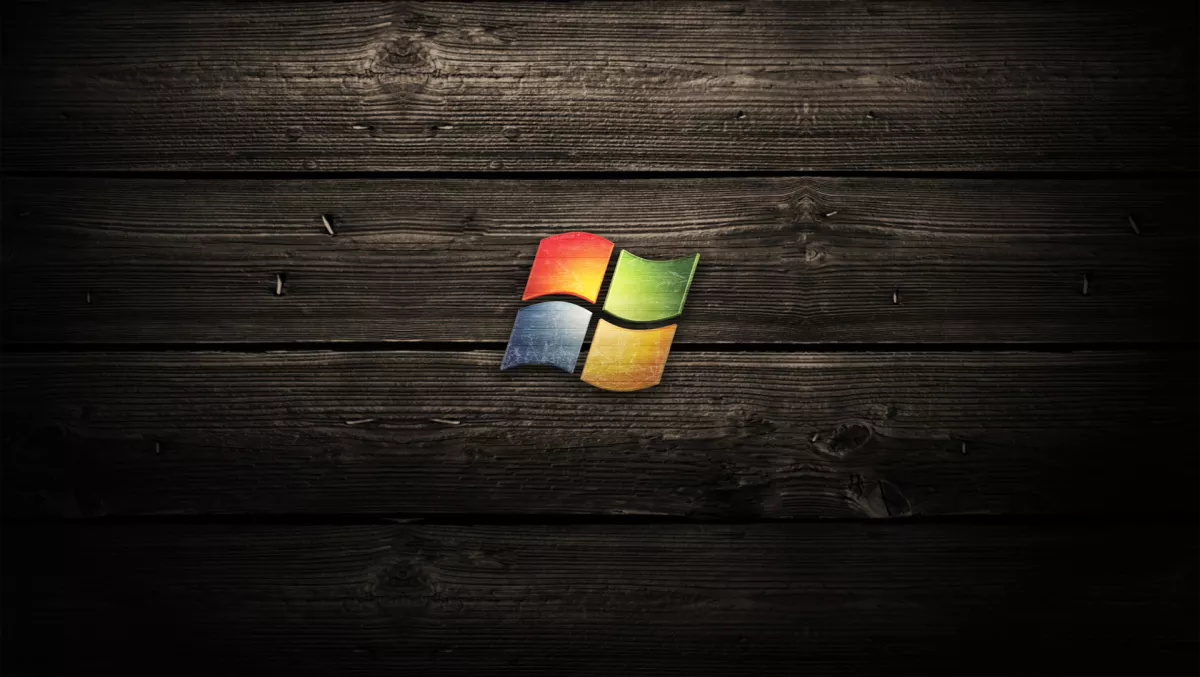
Windows XP: Some tips for SMBs
It’s been a long time coming, but Microsoft is finally removing support for Windows XP (as well as Outlook 2003 and Exchange 2003) on April 8, 2014.
Hopefully you’ve already taken steps to either upgrade to the latest operating systems or removed old systems off the network.
It’s also a good idea to be aware of what could happen after the support deadline. Here are some tips:
1. Migrate NOW
By now, you should be well on your way to migrating all systems to the latest OS, and if you haven’t, well, time is running out… fast.
Even if you’re confident that everything’s in order, it’s worth spending some time rooting around for instances of XP, Outlook 2003 and Exchange 2003 that may have been missed. The asset tracking feature in GFI Cloud can help with this.
2. Assess whether you’re going to run out of time
If you’re seriously behind on your migration, or you have systems that have to remain on XP for the time being, make some detailed plans to reduce your risk exposure to a bare minimum.
For example, if you have an unsupported machine containing essential historical data:
· Can this be closed off from the Internet after the support deadline?
· Is the vendor of the software you are using on the machine still supporting it under XP?
Whatever the circumstances, keeping one or more of these machines in a production environment increases the risks - make sure your backup and recovery plans are detailed to counter the threat to your business.
3. Hire a migration specialist
If a shortage of time and/or expertise is preventing a migration, consider calling in a specialist to help. Yes, there will be costs; but XP is a 12-year-old operating system that is now several generations behind current software.
Ensuring that your business is up-to-date is operationally critical - after all it will be the in-house IT admins having to deal with the clean-up if any systems are hacked or infected by malware.
4. Explore alternative ways of funding an upgrade
Thankfully, for those businesses where cost really is an issue, there are now numerous ways to spread the expense. With subscription-based cloud services firms can easily move to the latest version of Office, for example, without a huge up-front spend in licensing. Moving away from XP and Office 2003 doesn’t have to mean a huge capital spend.
5. Share your experiences
If your migration from XP is under way, share your experiences with the IT community. For example, if you find a good way to isolate an unsupported server, let other people know how you did it via technical forums such as Spiceworks. This is a great way to “pay it forward” and contribute to a body of information that will help people in a similar position.
6. Protect your system from other IT threats
If you will not manage to migrate in time, then make sure you have the necessary security measures in place. Automate patching and antivirus updates to give you more time to deal with any fallout from problems that arise on XP systems still in use.
The main priority should be to “beat the deadline”. If you don’t think you’re going to manage it, at least have some detailed risk mitigation plans in place - along with a plan to stop using XP as soon as possible after the deadline.
In the meantime, you can save time with GFI Cloud’s automated patch management and anti-virus controlled from a single online console. There’s a free trial - no credit card required.
By Jackie Wake, Product Manager, GFI Software

